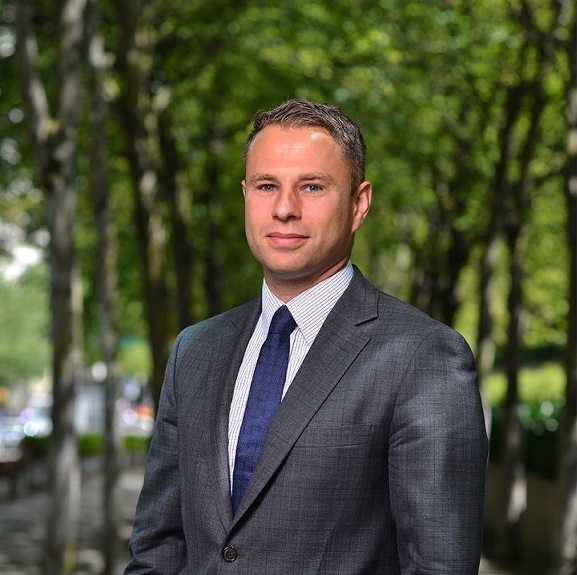If you bring an action in the Supreme Court of British Columbia you must make yourself available for an examination for discovery (an “XFD”). An XFD is an oral examination under oath. Furthermore, a written record is made of everything you say at an XFD. This means that anything you say can be used against you in later proceedings, which can lead to serious liability issues. For example, if you say one thing at an XFD and then say another thing at a trial, the judge can use this against you to make negative inferences about your credibility as a whole.
The procedure of an XFD in an ICBC case usually involves a lawyer from ICBC spending 2 or more (it can be a lot longer for catastrophic injuries) asking the plaintiff questions. A wide variety of subjects are fair game when making a claim for personal injury. This can include questions about your medical history and personal life. The lawyer for the other party will be sitting across the table from you asking many questions, and they may not be nice about it.
There are, however, limitations to what can be discussed at an examination for discovery. For example irrelevant and privileged questions are not fair game. A competent lawyer will be able to advise you on what your should and should not be answering. They will also be able to attend the XFD with you and stop the other lawyer from asking inappropriate questions.
The above shows how important it is to get proper legal advice before an XFD. A lawyer will, unfortunately, not be able to help you answer any questions at an XFD. They can, however, give you advice and properly prepare you beforehand. An XFD is often a key point in a personal injury lawsuit. It is an opportunity for the opposing parties to meat each other and determine the strength of their case as a whole. This is especially important for personal injury cases, which often hinge on the credibility of the plaintiff, as many injuries, such as soft-tissue injuries, cannot always be objectively observed.


For a question to be allowed and not refused at discovery, it must be relevant. This means that the question must relate to any matter in issue in the proceeding as raised by the pleadings and particulars. Have a working familiarity with all pleadings in the action.
Agreed.
I should add that although your lawyer cannot help you answer questions at a discovery, they can interject and advise you not to answer a questions based on various grounds, including relevancy.